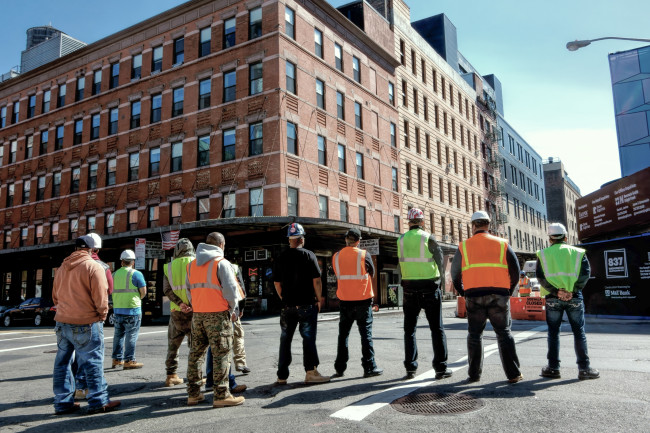New guide to NYC rent regulation suggests ways it can be fixed

The state's 25-year-old rent laws, which protect 365,000 low-income New Yorkers, are up for renewal this year.
Pixabay
Rent regulation is a tricky topic in New York. The state laws are in place to protect affordable housing, but loopholes created over the years have significantly weakened them.
Community Service Society released a guide yesterday that helps you make sense of rent regulation and how it functions and outlines its suggestions for fixing the system.
The timing couldn’t be more crucial as these laws are set to expire this year, meaning state and city lawmakers, especially those who ran on pro-tenant platforms, have a chance to strengthen the laws that govern the relationship between many tenants and landlords, a relationship “exacerbated by tight housing markets,” CSS’ report says. There are currently 966,000 apartments, or 45 percent of the rental market, that are considered rents stabilized. Of those, 365,000 are low-income households, twice the number of those living in public and subsidized housing, the report adds.
Rent regulation defines how rents are determined, sets standards for basic habitability, and limits fees like security deposits. However, loopholes for Major Capital Improvements allow landlords to raise rents when they perform building improvements (such as a new boiler). And when the City Council approved a vacancy decontrol bill in 1994 that allowed landlords to deregulate apartments that had reached a threshold of $2,000 a month, 291,000 rent-stabilized units were lost.
The loopholes “make tenant turnover financially beneficial to landlords, creating an incentive for harassment and fraud,” the report says. “On a broader scale, the rent law loopholes undermine neighborhood-level stability, especially in gentrifying areas.”
To strengthen rent laws, CSS urges state lawmakers to repeal vacancy decontrol and bonuses, reform MCIs, remove geographic restrictions, and pass a law to extend security of tenure, or the right to lease renewal, to unregulated and month-to-month tenants.
“For the first time since the 1970s, there is momentum for the expansion of tenant protections statewide,” the report says.
You Might Also Like


























